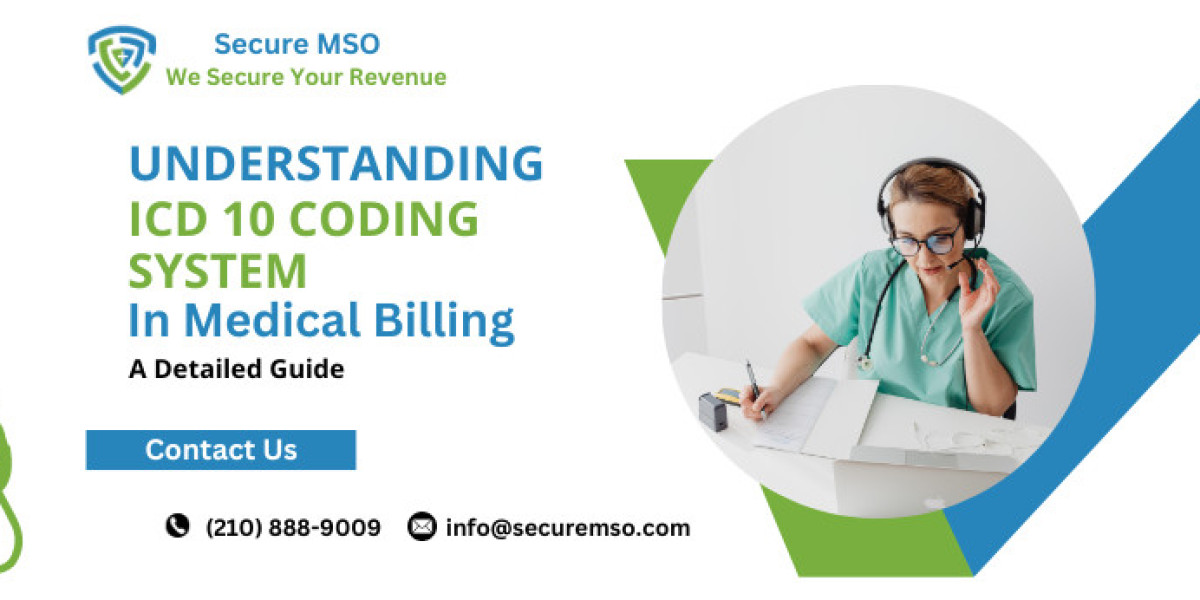Introduction
Medical coding is crucial in the healthcare industry, motivating accurate documentation and the medical billing processes. Among the coding systems used in healthcare, ICD 10 holds a significant importance. Healthcare specialists, coders, and billing specialists need to understand the impact of ICD 10 coding on medical billing. This is to ensure accurate reimbursement and data analysis. This blog post provides an overview of ICD 10 coding, its benefits, implementation challenges, and strategies for successful medical coding and billing.
What is ICD 10 Coding?
ICD is the International Classification of Diseases, a globally recognized medical diagnoses and procedures system. ICD 10 is the tenth revision of this coding system, ICD 9. The transition from ICD 9 to ICD 10 introduced significant changes in medical coding practices, including expanded code sets and increased specificity. These changes were implemented to enhance the accuracy and precision of medical coding, ultimately improving patient care, research, and healthcare management.
Benefits of ICD 10 Coding
ICD 10 coding brings several benefits to the healthcare industry.
First, it provides greater specificity and detail in documenting medical diagnoses. With more detailed medical codes, healthcare providers can accurately capture and communicate the complexity and severity of patient’s conditions. This specificity allows for better analysis, research, and tracking of diseases, that are, by and by, leading to better healthcare outcomes.
Moreover, ICD 10 coding enables a higher accuracy in capturing medical conditions and treatments. The codes in this system reflect modern medical practices and technologies, and that ensures a better alignment between documentation and real-world scenarios. Accurate medical coding minimizes the chances of claim denials and supports the right reimbursement for the services rendered.
Furthermore, ICD 10 has significant implications for research, data analysis, and public health monitoring. ICD-10 codes, in-depth, enable better tracking and analysis of disease patterns, identifying public health concerns, and targeted interventions. This data-driven approach helps in improving population health and allocation. Read More...








